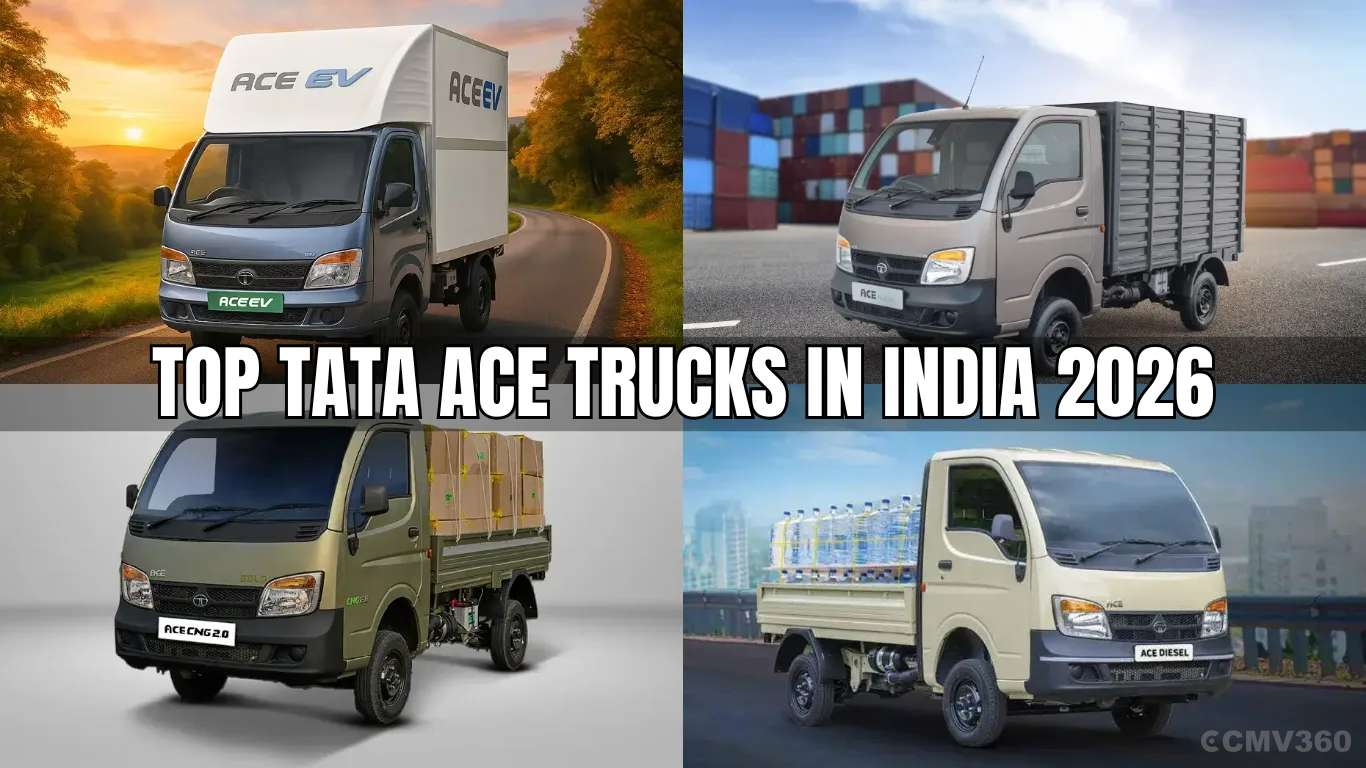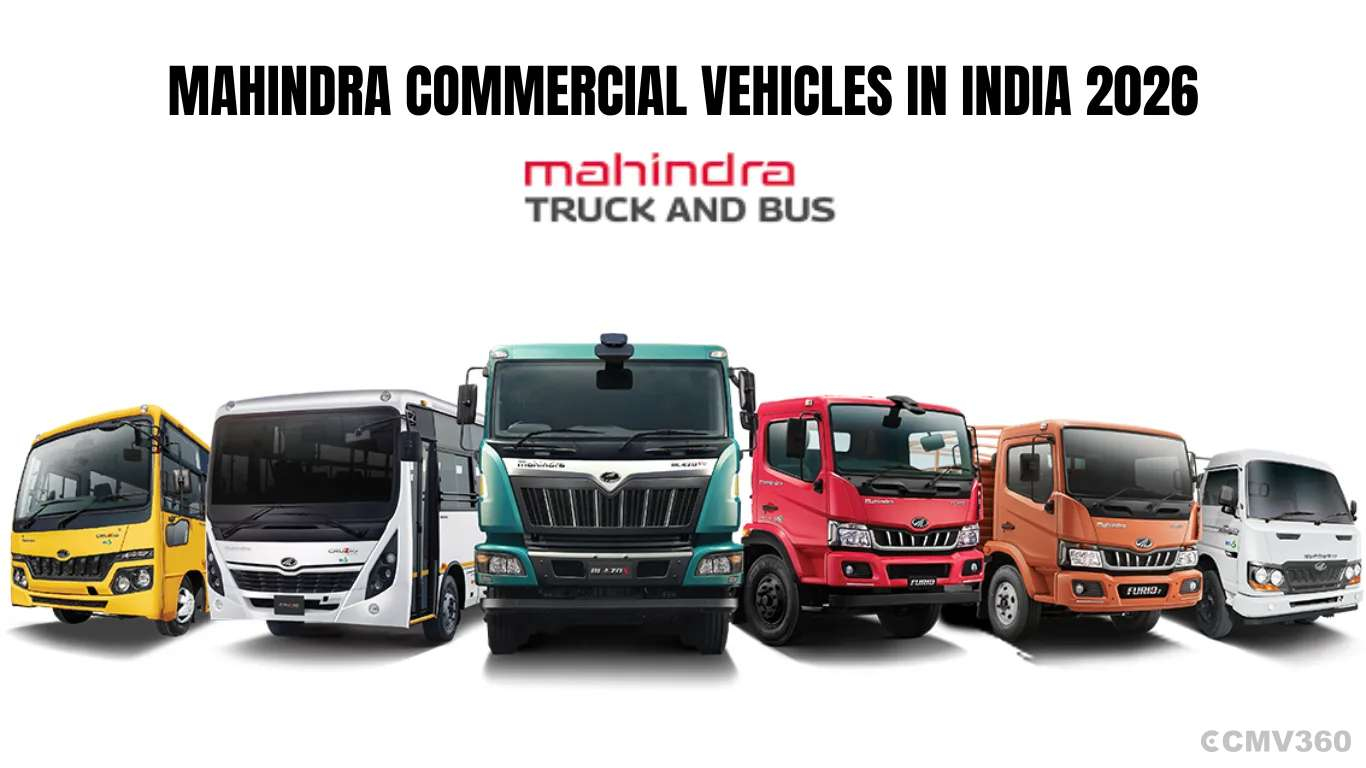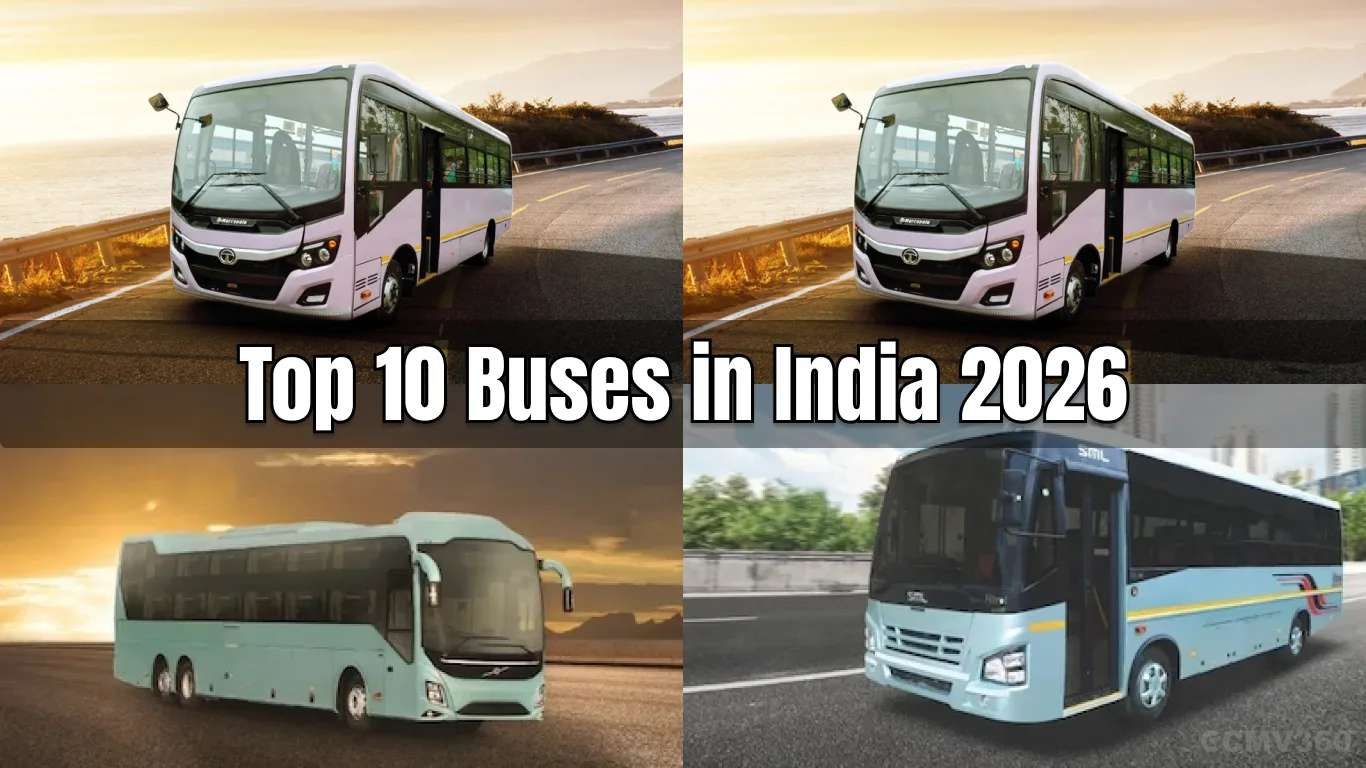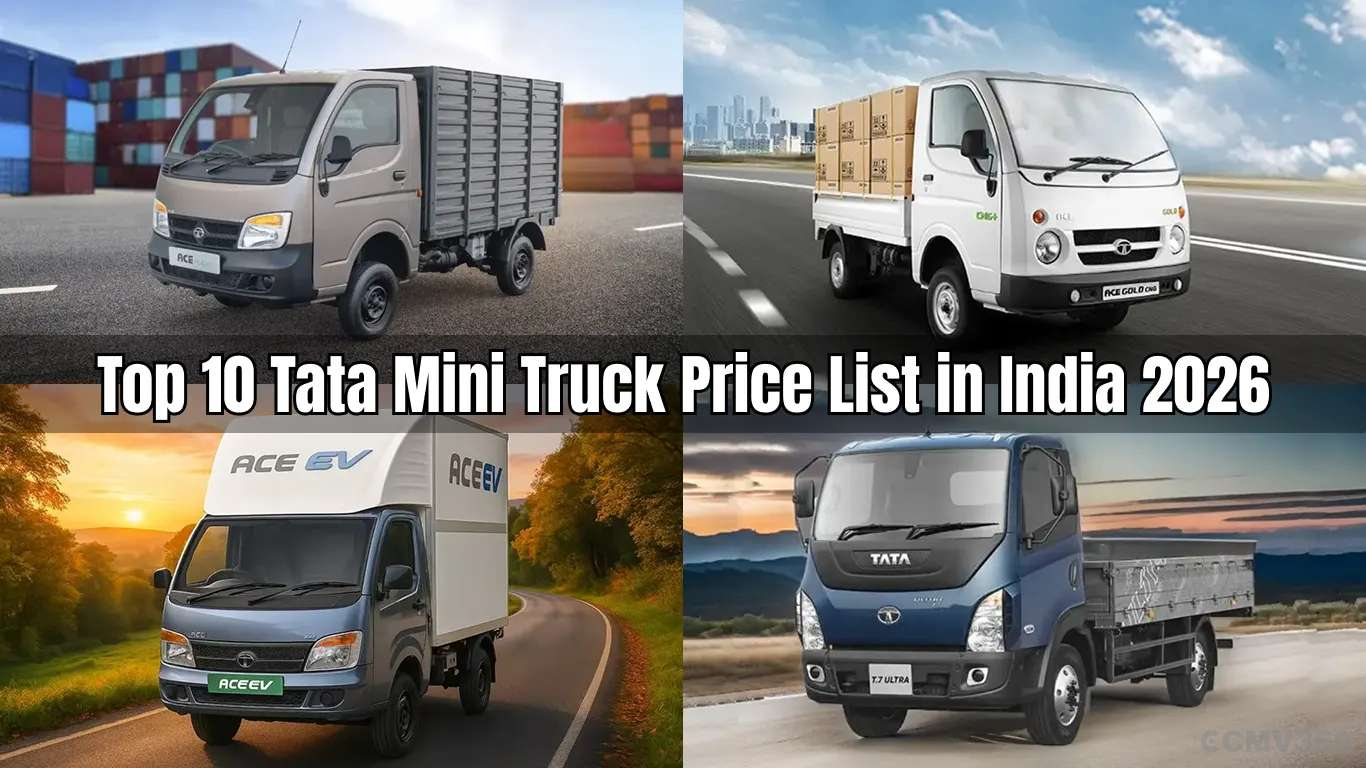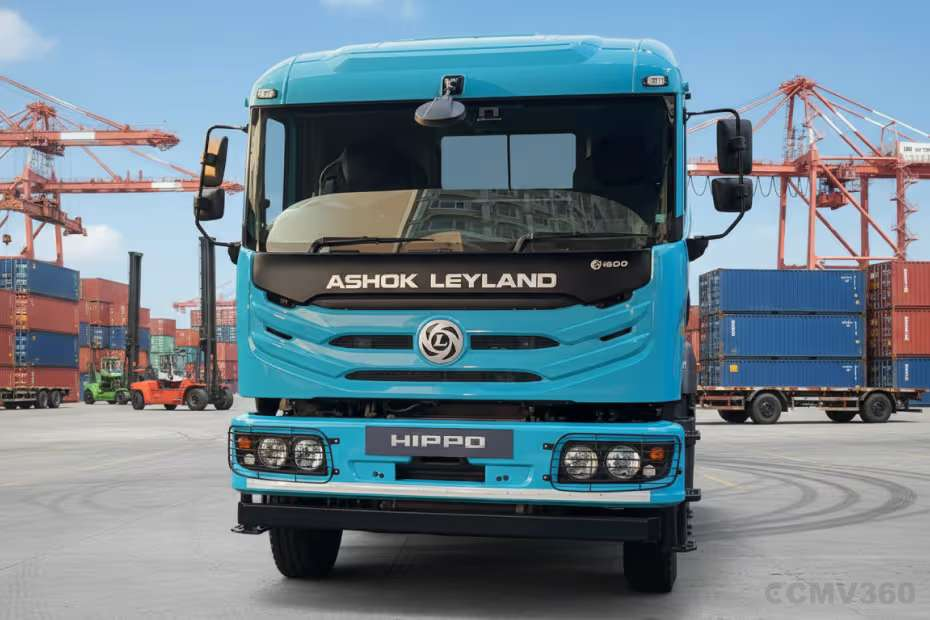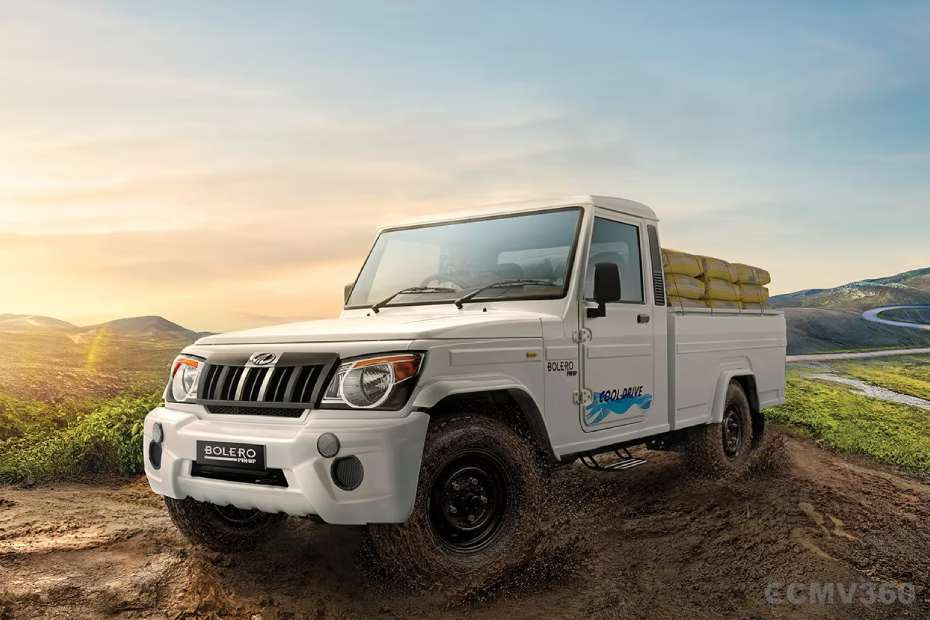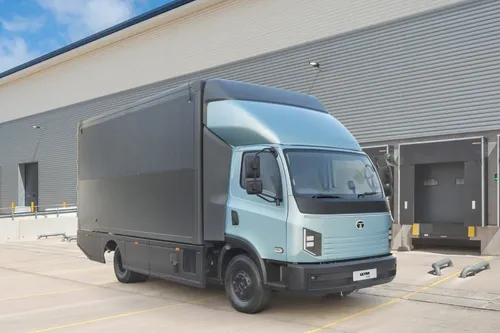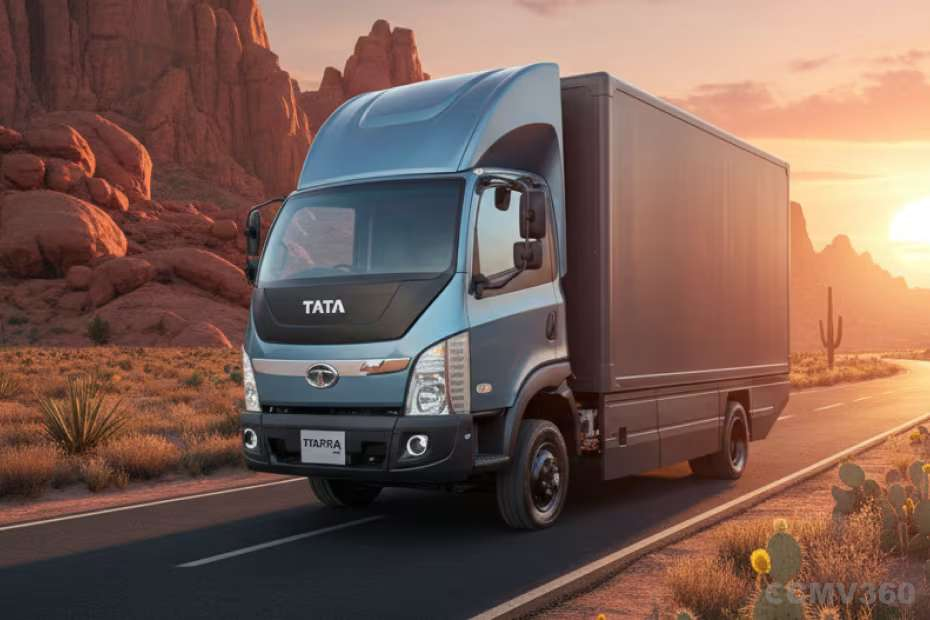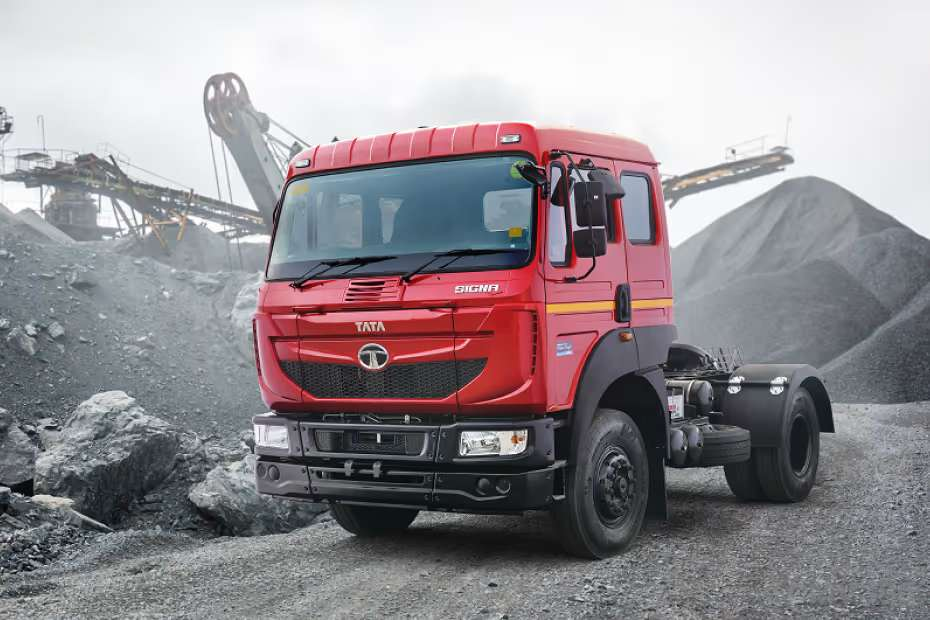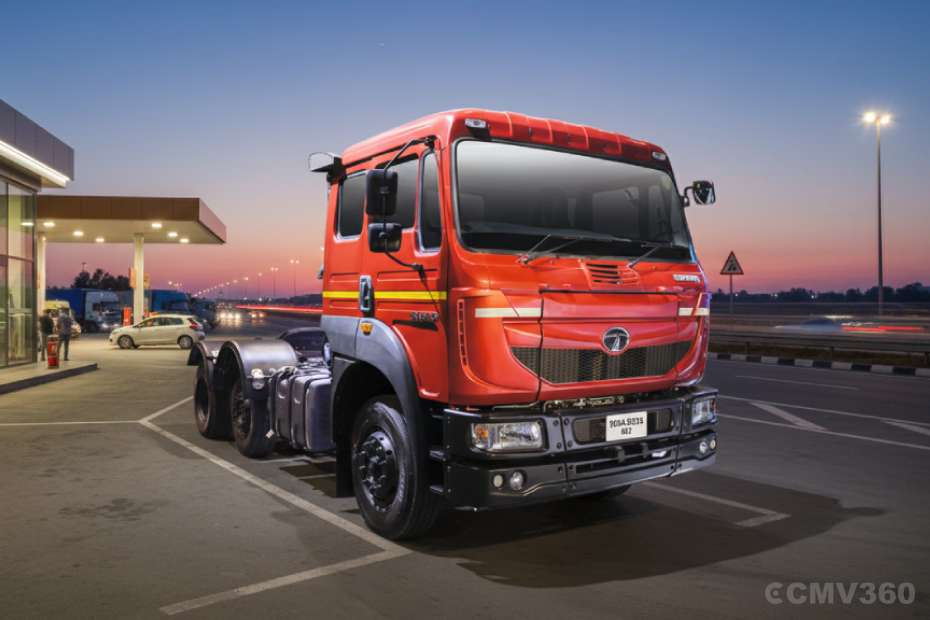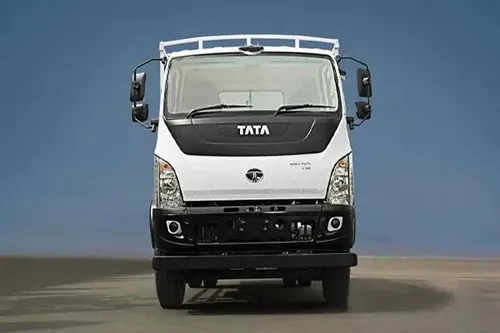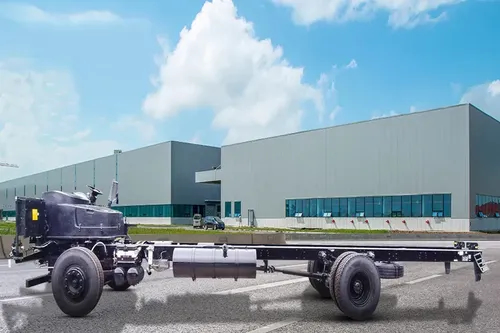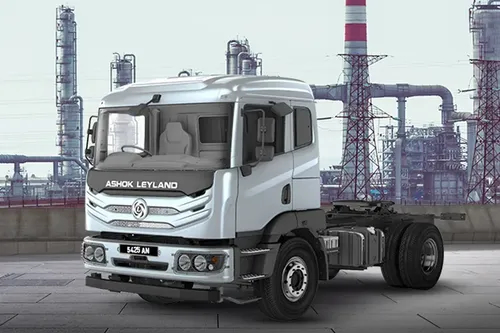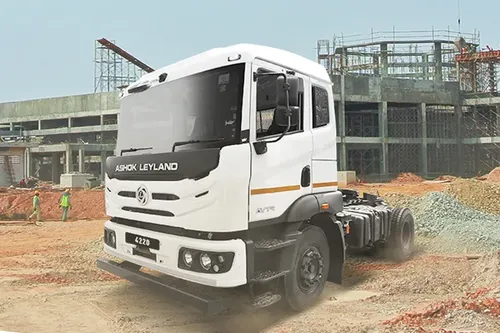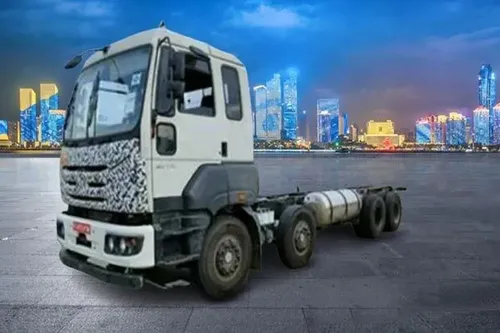Ad
Ad
Tyres: All You Need to Know
How to Choose the Best Tire for a Truck? How to read tyres specifications?
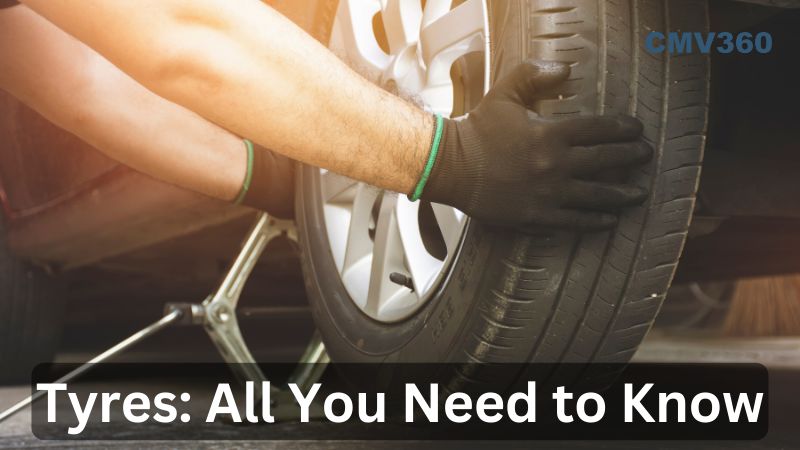
We may take tyres for granted, but they are one of the most vital components of a vehicle. This is due to the fact that they are the only link between the vehicle and the road, as well as the only parts that actually transfer power from the vehicle to the road surface.
As a result, tyres must be adequately maintained and checked for deterioration on a frequent basis. This is critical because the contact patch, or the section of the tyre that actually makes contact with the ground, must be kept ideal at all times. Tyre pressure and tread depth should be checked on a regular basis to guarantee your tyres last as long as they should.
We have provided you with all the useful information regarding your tyres. Tyres are not inexpensive, so we urge that you carefully read this article to guarantee that you get the most life and performance out of the tyres fitted on your vehicle.
What do you mean by Truck Tyres?
Truck tyres are suitable for a variety of vehicles, including pickups, SUVs, and crossover utility vehicles (CUVs). these tyres provide a smoother ride, superior handling, and lower noise levels when compared to off-road, all-terrain, or mud tyres.
While they have off-road and heavy-duty characteristics, these tyres are ideal for drivers who spend more time on the road than off-roading. Furthermore, many truck tires are all-season tires that perform well in most climate conditions.
Types of tyres
If you're in the market for truck tyres, you have many options. The tyres you choose will be strongly influenced by the sort of truck you have, the climate of the region you're in, and a variety of other factors. Let's discuss the type of tyres:
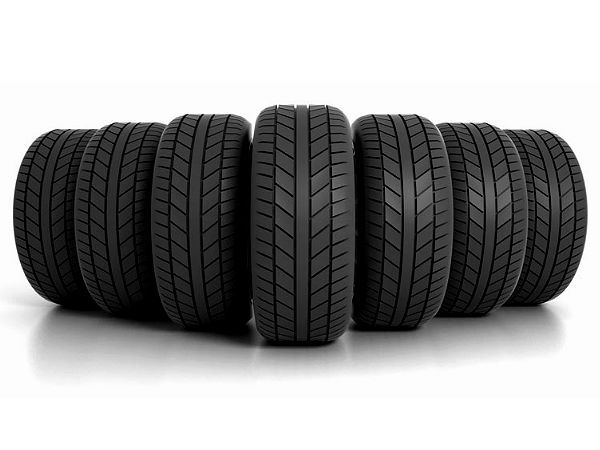
1. All-terrain tires
All-terrain tires are ideal if you want the best of both worlds when it comes to touring and off-road tires. All-terrain tires, like all-season tires on ordinary vehicles, function well on most surfaces and at any time of year.
They provide a smoother, quieter ride on paved areas and outperform truck tires on earthy terrain. The all-terrain tire strikes the ideal balance between comfort on paved surfaces and off-road capabilities.
2. Heavy-duty tires
Heavy-duty tires are ideal for commercial drivers that like pushing their vehicle's payload capacity to the limit, whether it's towing trailers, campers, or equipment.
These tires are ideal for truck drivers who seek dependability, longevity, and excellent durability. They are also capable in a variety of environments, from the highway to the job site.
3. Off-road tires
Their excellent treads provide the best traction on uneven ground, and they have better puncture resistance.
Off-road tires excel in earthy terrains such as sand, gravel, mud, and pebbles. They are the greatest option for those who frequently find themselves off paved highways. Despite the fact that these tires are frequently all-season, they do not provide the finest riding quality on paved roads or at highway speeds.
4. Mud tires
Mud tires are your best pick if you frequently travel on uneven, unpaved surfaces but don't require rock-crawling capabilities. All-terrain and all-season tires have shorter gaps and blocks, reducing grip and allowing objects to become lodged in the tires.
Mud tires include enormous gaps and blocks that allow any mud or uneven terrain to simply pass through, allowing the vehicle to leave the earth and debris on the ground rather than getting stuck in the treads. While mud tires provide moderate puncture protection, they do not provide a smooth ride on paved roads.
5. Winter tires
Winter truck tires provide the best performance in winter situations. They have softer rubber that is resistant to freezing temperatures of ice and snow, enhanced snow traction, and studs that help them grip snowy roads, similar to vehicle tires. Winter tires are ideal for drivers who frequently encounter severe winter conditions. It is also recommended that you have a spare pair of wheel rims for each tire set, such as one set for all-terrain tires and one set for winter tires.
Why is it crucial to choose the right tires for your vehicle?
- Choosing the correct tyre size can improve the overall efficiency of the fleet while also saving fuel and increasing driver safety.
- The proper tyres improve the vehicle's mobility, acceleration, and handling while maintaining road safety.
- Make sure you choose the correct size, shape, and tread pattern for your Fleet.
- Tires Brand is also a crucial consideration when selecting and purchasing the proper tyres for your trucks.
- Selecting the correct tyre also saves you money on future tyre purchases.
How to Choose the Best Tire for a Truck?
The Tyre Type: Tubeless or Tube?
One of the most significant considerations when picking the correct tyres is deciding between tubeless and tube-type tyres. Tubeless tyres are preferable to tube-type tyres since they are more sophisticated and safer. Also, tubeless tyres do not necessitate the purchase of alloy wheels.
In terms of terrain
Truck tyres are classified into several types. When you begin investigating the market, you need first to determine where the vehicle has to travel the most. Is it only on the streets, a mix of streets and off-road, or entirely off-road?All-season tires are ideal for highway driving. Off-road tyres are recommended if you drive mostly on rugged, rocky terrain with a lot of mud. When the truck is mostly driven on the street but occasionally goes off road, all-terrain tyres are preferred.
Selecting the Proper Tire Size
It is advised that the new tyres be the same size as the old ones. If you don't know the current tyre size, see the owner's handbook or the sticker on the inside panel of the driver's door. There you will find the tyre size information.
How to read tyres specifications?
Ratings: Ratings are posted on the sidewalls of all tires. The ratings are for individual characteristics, but they also represent overall performance. You should be aware of them and be able to determine which ratings are appropriate for your tyres.
Size: The size rating is normally written on the side of the tyre in metric. When shopping for new tires, To improve performance, we recommend aiming for a higher grade than the existing one, but avoid going too far. Maintain a rating in the middle of the scale.
Tyre speed rating: This is the speed range at which the truck may be driven while carrying a load. In this rating group, the most prevalent classifications are V and Z where V denotes a range of 240 km/h or 149 mph and Z stands for top speed.
Tyre loading rating: This value describes the maximum load that may be safely transported on a truck. Again, choose the rating based on the load your truck is carrying.
Tread Pattern: A symmetrical tread pattern, in which the inner and outer tread blocks have comparable patterns, is the most popular tread design in the tyre business.
Despite the fact that asymmetric tyre tread patterns are thought to be more trustworthy and give superior handling, road grip, and stability on high curves during the wet season, To ensure safety and tyre performance, it is best to avoid a combination of tread patterns.
- UTQG: This is another critical rating to examine. The majority of the tyres have UTQG, which is a treadwear, traction, and temperature specification.
The treadwear grade also indicates the hardness of the tire composition. The tougher the compound, the longer the tyre life.
Tyre Warranty: It is best to get tyres with good defect coverage. Although most tyres come with a warranty, seek one that clearly mentions the treadwear warranty. If the tyres are specifically built for off-roading, no treadwear warranty is provided. Never neglect to thoroughly read and comprehend the warranty terms.
Date of manufacture: When purchasing a tyre, look for the date of manufacture listed on the sidewall. It is a four-digit DOT code, with the first two digits indicating the week and the last two indicating the year.
The manufacturer's reputation:
Read the reviews of the tyres you intend to purchase. Purchase from well-known manufacturers because they consistently supply high-quality products.
As a result, purchasing tyres is not a difficult task. You simply need to keep these principles in mind and you will have a pleasant experience.
Tips for Truck tyre maintenance
- Rotate the tires on a regular basis.
- Get your wheels aligned.
- Maintain Constant Tire Pressure.
- Maintain Clean Wheels and Tires 5. Develop Good Driving Habits
- Always do pre-trip inspections.
- Wheel balancing.
- When necessary, replace your tires.
- Verify that punctured tires are properly repaired.
- Properly store spare tires.
Here are just a few tyre maintenance tips and recommendations for commercial truck drivers. Visit cmv360 for more truck maintenance information, or any other information related to commercial vehicles.
So that’s all about the tyres. You obviously want good tyres for the safety of both you and your vehicle. You don't want to sacrifice quality. You want tyres that are in good condition and will deliver a safe, trouble-free ride for many years.
Obviously, you need safe and dependable tyres, but you also need to make sure your vehicle is insured against damage and accidents. Protect your vehicle's safety by purchasing adequate insurance coverage and saving your old tyres.
Features & Articles
Top Tata Ace Trucks in India 2026 – Price, Mileage, EV, CNG & Diesel Complete Comparison Guide
Explore the complete Tata Ace truck range in India 2026, including EV, Diesel, CNG, Flex Fuel, and Pro models. Compare price, mileage, payload, features, and choose the b...
03-Mar-26 06:54 AM
Read Full NewsBest Tata Magic Buses in India 2026
Explore Tata Magic price, variants, specs, mileage, EV, ambulance, school model details, features, payload, engine options, safety, dimensions, and key USPs in one comple...
25-Feb-26 06:08 AM
Read Full NewsMahindra Commercial Vehicles in India 2026
Explore the Mahindra commercial vehicles 2026 range, including EV 3-wheelers, trucks, pickups, buses, prices, features, USPs, and a full comparison guide for buyers in In...
24-Feb-26 12:13 PM
Read Full NewsDiesel vs Electric Trucks in India 2026: Detailed Comparison of Cost, TCO, Subsidies, Charging & Best Choice for Fleets
Diesel vs Electric Trucks in India 2026 compares costs, TCO, subsidies, charging infrastructure, range, and fleet profitability. Discover which option suits urban, mid-ha...
21-Feb-26 09:03 AM
Read Full NewsTop 10 Buses in India 2026
Explore the top 10 buses in India 2026 with price, mileage, seating capacity, electric options, and features. Compare school, staff, luxury, and electric buses in one det...
19-Feb-26 12:52 PM
Read Full NewsTop 10 Tata Mini Truck Price List in India 2026
Explore Tata mini trucks in India 2026. Price, specs, EV options, payload, features & top-selling models for smart, cost-effective logistics solutions....
18-Feb-26 12:09 PM
Read Full NewsAd
Ad
